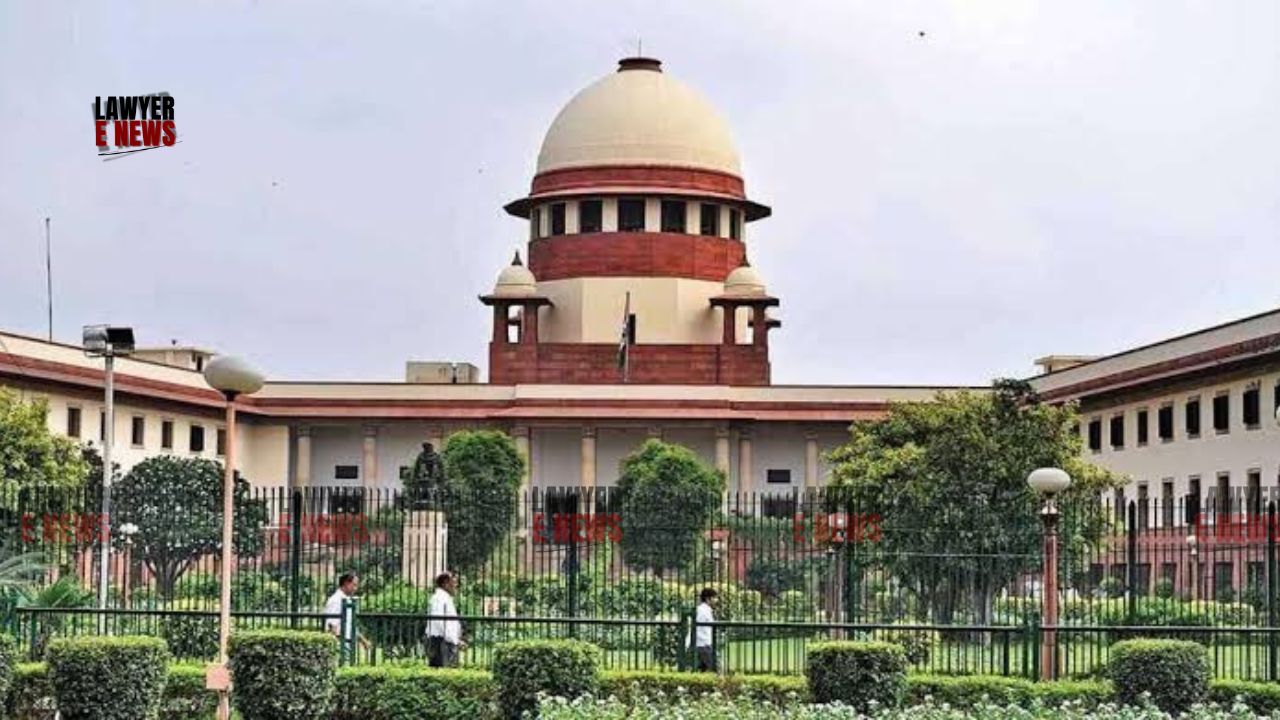-
by Admin
15 February 2026 5:35 AM



In a significant ruling, the Supreme Court has upheld the termination of a CRPF constable, Shishu Pal, for concealing criminal cases during his recruitment process. The Court emphasized the importance of transparency and integrity in uniformed services, noting that any suppression of material facts can lead to serious consequences. The judgment, delivered by a bench comprising Justices Hima Kohli and Ahsanuddin Amanullah, underscores the necessity for government employees to disclose their criminal antecedents truthfully.
The case revolves around Shishu Pal, who was appointed as a Constable (GD) in the CRPF in November 2011. During his recruitment, he filled out a Verification Roll, asserting that he had no criminal cases pending against him. However, subsequent verification revealed that he was implicated in Criminal Cases No. 459/2011 and 537/2011, filed in September 2011. Upon discovering these discrepancies, the CRPF initiated disciplinary proceedings, resulting in his termination in June 2014. Pal's subsequent appeals to the High Court of Gauhati and internal appellate authorities were dismissed, leading to the present appeal before the Supreme Court.
The Supreme Court highlighted the critical nature of honesty in the verification process for government positions. "The furnishing of false information or suppression of any factual information in the Verification Roll is a disqualification and likely to render the candidate unfit for employment under the Government," the judgment noted. The bench underscored that Pal had knowingly withheld information about his criminal cases, thus breaching the trust necessary for his position.
The Court reviewed the disciplinary proceedings conducted by the CRPF and found them to be fair and comprehensive. The Inquiry Officer had concluded that Pal not only concealed the criminal cases but also submitted forged documents to support his claims. "The departmental inquiry recorded that the respondent had prepared or got prepared forged police reports and certificates favoring him, which were never issued by the SHO, P.S., Barnhal," the Court observed.
The judgment referenced several precedents to assert the standards required for disclosure by candidates for government positions. Notably, the Court cited Avtar Singh v. Union of India and Bhupendra Yadav v. State of Madhya Pradesh, highlighting that the disclosure of criminal antecedents is vital for determining the suitability of a candidate. "Information given to the employer by a candidate as to conviction, acquittal, or arrest, or pendency of a criminal case, whether before or after entering into service must be true and there should be no suppression or false mention of required information," the judgment stated.
Justice Kohli remarked, "Given the facts and circumstances of the present case, there was no occasion for the learned Single Judge to have interfered in the orders passed by the Disciplinary Authority terminating the service of the respondent, duly upheld by the Appellate Authority".
The Supreme Court's decision to uphold the termination of Shishu Pal sends a clear message about the importance of integrity and transparency for those in uniformed services. The ruling reinforces that any suppression of material facts, especially regarding criminal antecedents, can lead to severe repercussions, thereby ensuring the sanctity of the recruitment process in government services.
Date of Decision: July 23, 2024
Union of India and Others vs. Shishu Pal @ Shiv Pal
